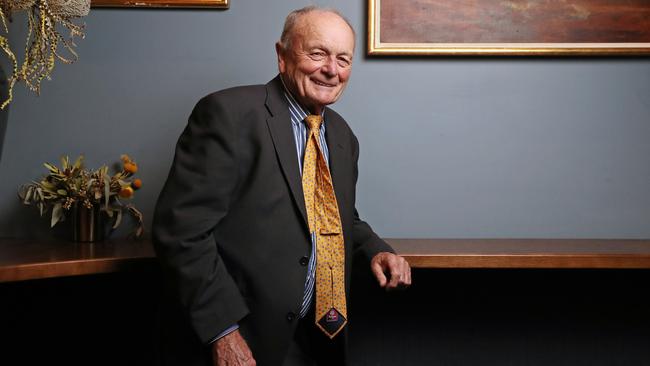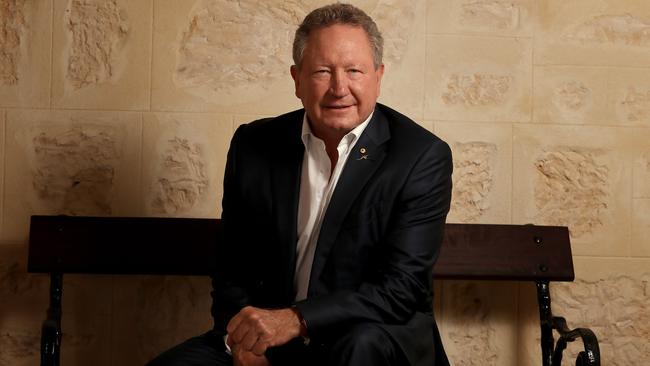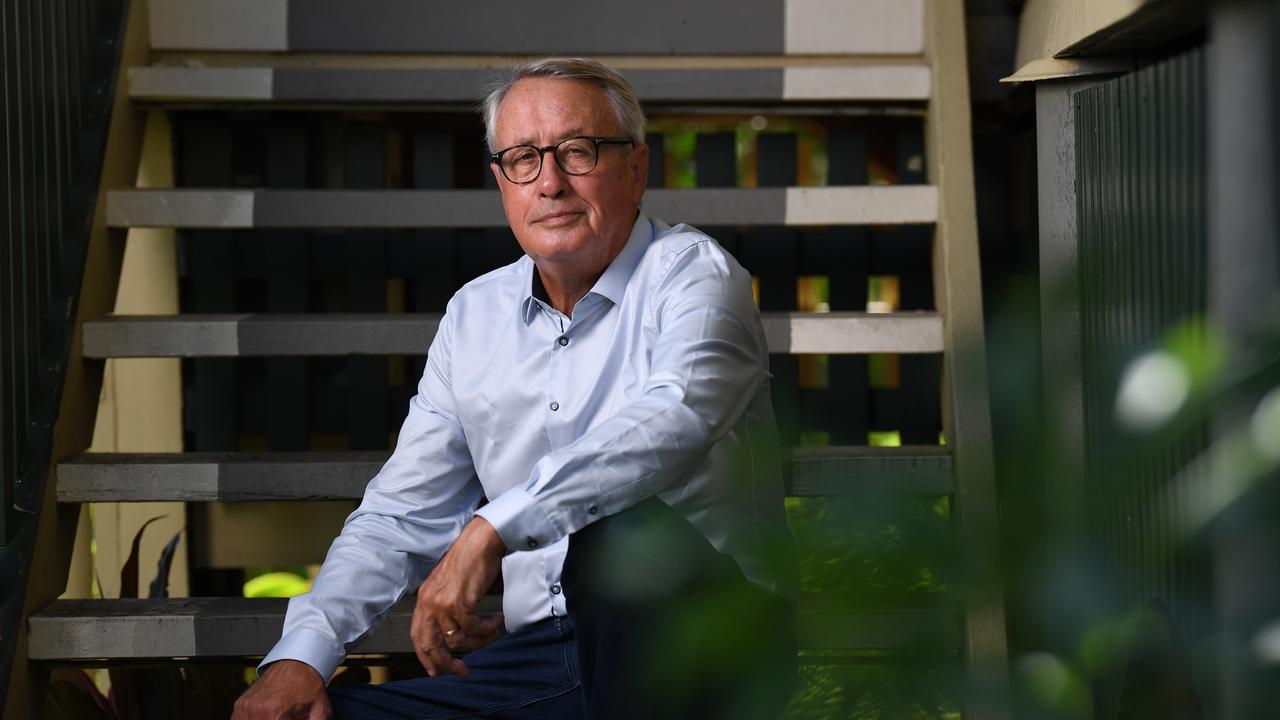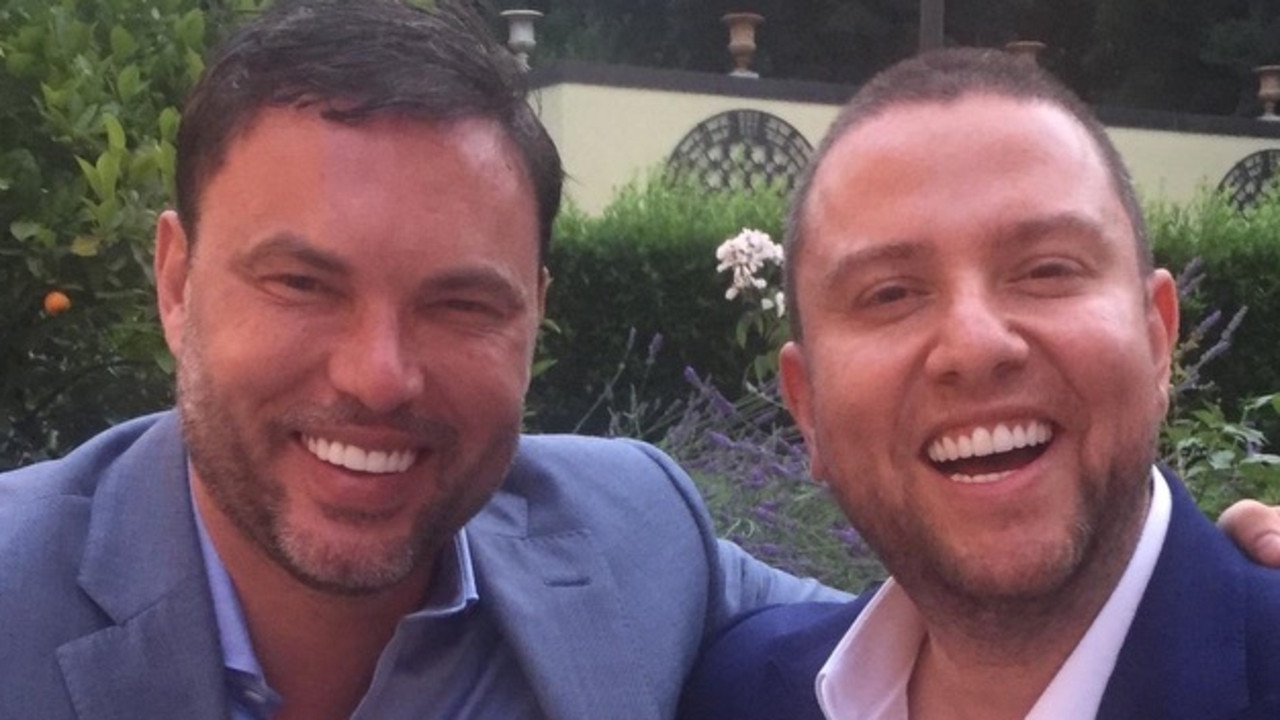Even the rich feel pain of dividend freeze during crisis
The founders and muilti-millionaire owners of some of the biggest companies in Australian business have missed out in dividend payments.

The founders and owners of some of the biggest companies in Australian business have missed out on $150m in dividend payments as companies scramble to deal with the financial impact of the COVID-19 pandemic.
Harvey Norman executive chairman Gerry Harvey is the biggest name on the list, forgoing $45m when his retail group announced on April 2 it was cancelling its 12c per share dividend to keep almost $150m cash in the business to get through the crisis.
Now, however, Harvey says trading has improved and it has continued to maintain marketing spending while being optimistic about the coronavirus lockdown easing — and potentially paying the dividend in the future.
“Of course I will miss it — $45m would have come in handy,” the billionaire tells The Weekend Australian.
“We could have afforded to pay it. We could still pay it now if we wanted to. But we needed to be careful, because we just didn’t know what this virus was going to do. We had to be prudent.
“We’ve got the cash to do it, and at least that cash is still in Harvey Norman. So it has stayed with the company. I can understand some people who might have been disappointed with the decision. There’s people out there that depend on dividends; for some it is an important part of their income. I get that. But we had to be careful, because at the time we didn’t know what was going to happen. But we will pay it — it is just a matter of when.”
Harvey is not alone in his caution, though there are many of his cohorts that are optimistic about paying out dividends later this year.
Reece, the bathroom products and plumbing group owned by the billionaire Wilson Family, opted to suspend future dividends earlier this month after announcing a surprise $600m equity raising to strengthen its balance sheet.
“Given we did the raising to really strengthen the balance sheet from a liquidity perspective, till we have more clarity about where this (pandemic) is going, it is about making sure the business is in the strongest position for the long term,’’ said managing director Peter Wilson, the son of Wilson family patriarch and Reece chairman Alan Wilson.
The Wilson family took up its allotted $170m worth of new shares in the retail offer for the raising, to see its stake in the 100-year-old business fall from 73.3 per cent to 67.7 per cent.
It did the same in an equity raising by the company two years ago to fund Reece’s $1.91bn acquisition of MORSCO, a key American distributor of plumbing, waterworks, heating and cooling products.
“Since the family got involved in 1969, not one Reece share has been sold by the family. And in the past two years, two of the three Wilson family trees have reinvested all of the after-tax dividends they have received for the past 50 years back into the business in these capital raisings. They are big decisions,’’ Peter Wilson says.
Seek chief executive Andrew Bassat, whose stake in Seek entitled him to a $2m dividend payment which has now been delayed until July 23, says the board’s decision to defer was not made lightly.
“But it was seen as prudent management of cash at a time of great uncertainty. We will be paying the dividend in June. In general, our position on dividends is that the priority of the business with available capital is to attempt to deploy it at high rates of return rather than simply return it to shareholders,’’ he says.
Bassat says lessons have been learned about balancing the need for cash conservation versus continuing investment from managing the online recruitment giant during the global financial crisis.
“During the GFC we feel we did a reasonable job of being prudent about cash while continuing to invest in our core and in mergers and acquisitions,’’ he says.
“The continued investment at a time when it would have been easy to back off saw us emerge from the downturn far more strongly that we went into it.”
Some companies have been in a position to maintain their dividends, either backing the strength of the balance sheets to get them through the pandemic or paying them before the brunt of the coronavirus hit.

Fortescue Metal Group’s 76c per share dividend saw about $750m go to chairman Andrew Forrest, who then put $520m into his Minderoo foundation. James Packer still received $70m in dividends last week from Crown Resorts, just after it stood down the majority of its staff, and Kerry Stokes received about $42m this week from Seven Group Holdings.
Meanwhile, Robert Millner told the market that investment manager WH Soul Pattinson was in a good enough position for this year’s 25c interim dividend, coming on May 14, to be the group’s 22nd consecutive increase, and that it had also increased the payment during the GFC.
“Given recent events, there is a likelihood that many ASX-listed companies will need to again cut dividends. However, WHSP believes its portfolio is in a strong position to be able to meet the challenge of continuing the cash generation this year to pay increasing dividends.”
Magellan Financial Group has a policy of paying interim and final dividends of 90 to 95 per cent of the underlying net profit after tax of the group’s funds management business, excluding any performance fees.
While that policy may be tinkered with as a result of the coronavirus-induced market volatility, the company paid its 92.9c per share dividend in late February, before the sharemarket correction.
Chief executive Hamish Douglass says the group’s first message to staff as the pandemic took hold was that there would be no redundancies.
“We were in a fortunate position to be able to do that. We will not be cutting salaries but we are being appropriate around remuneration,’’ he said.
“Job security really matters to people’s productivity. As soon as you cut any jobs, everybody goes ‘Am I next?’ Everybody stops working and starts focusing on that.”
He has also said the performance hurdles in Magellan’s fee structure will ensure the firm would not pay performance fees in a period of weaker returns.
While the directors of billionaire Alex Waislitz’s listed Thorney Opportunities Group resolved to proceed with payment of the interim dividend earlier this month, Waislitz opted to defer his personal investment company’s payment for its 26.3 per cent stake in TOP for six months.


